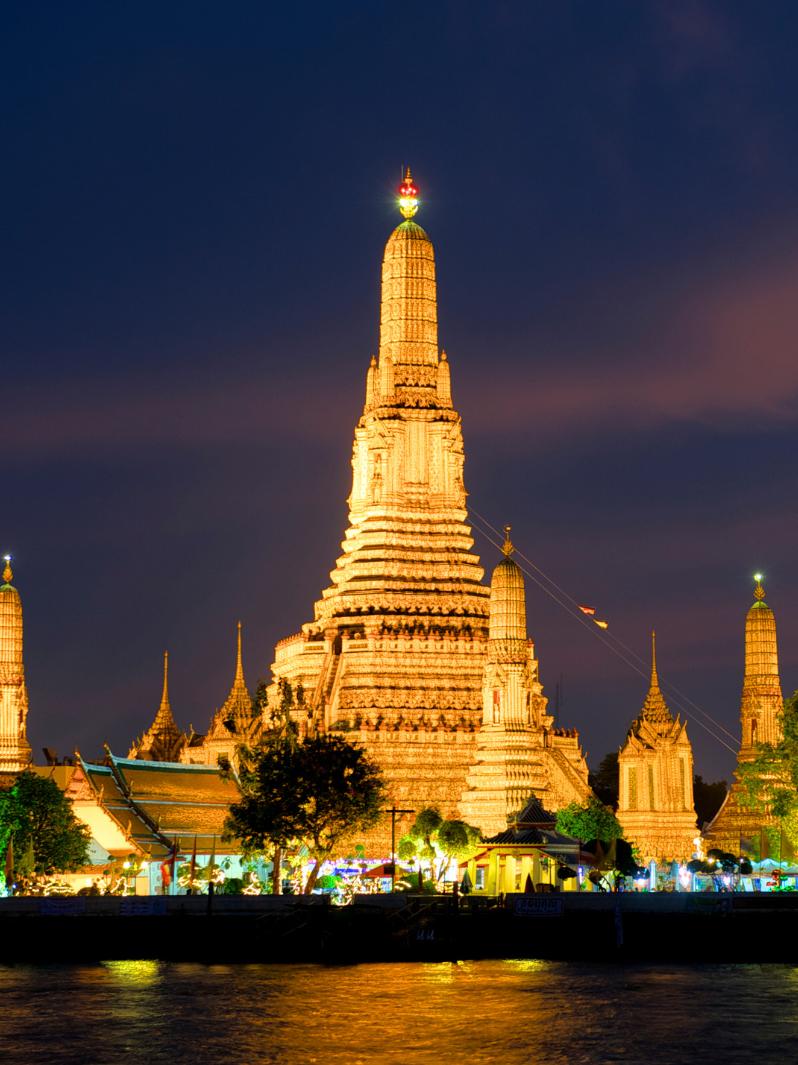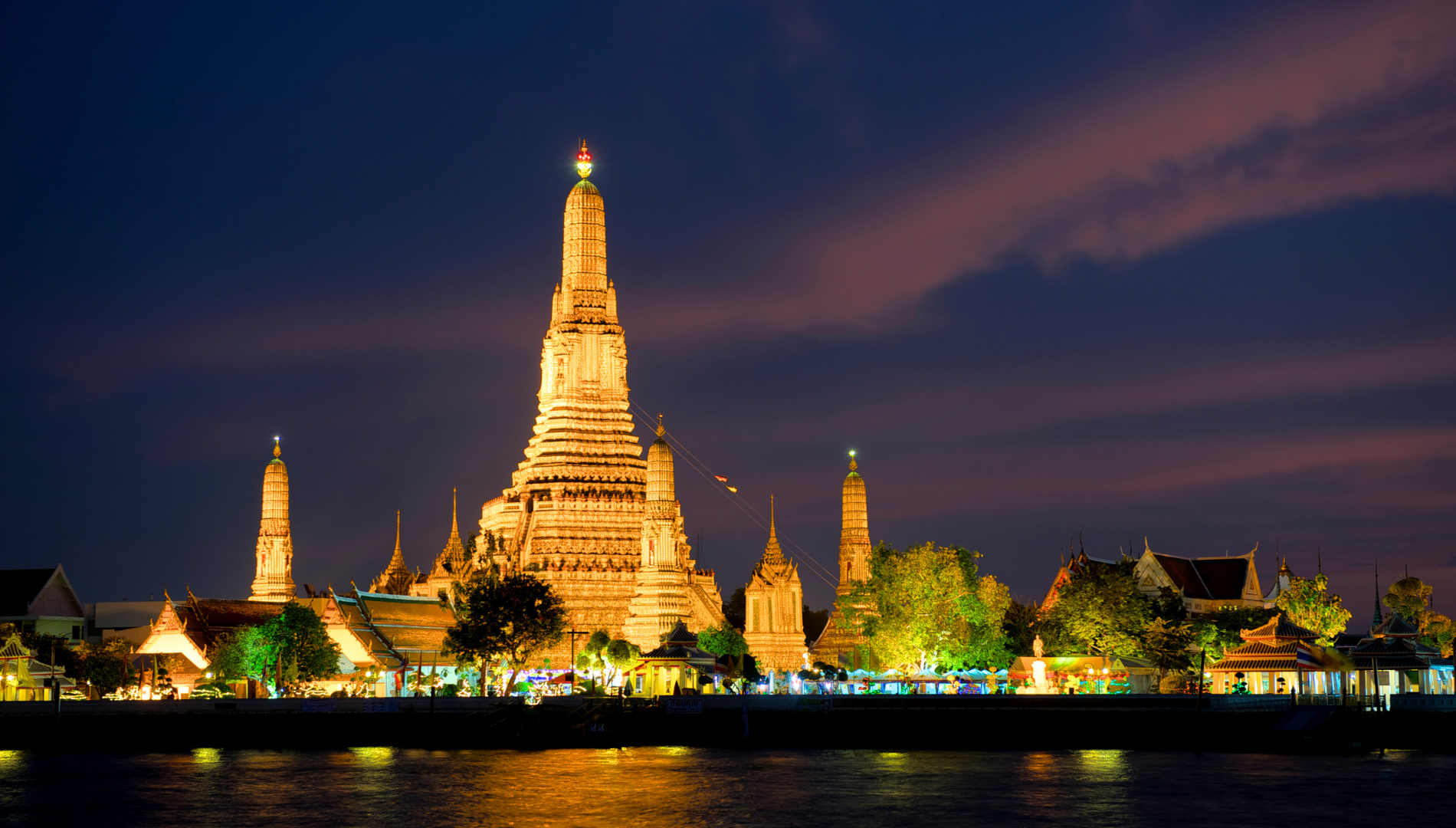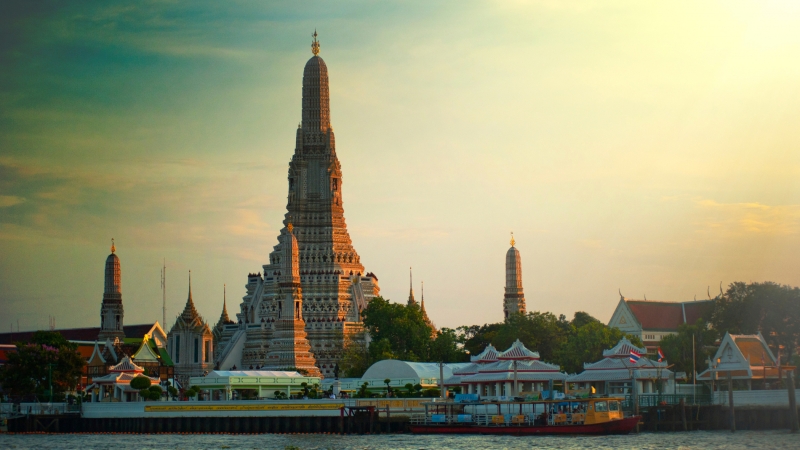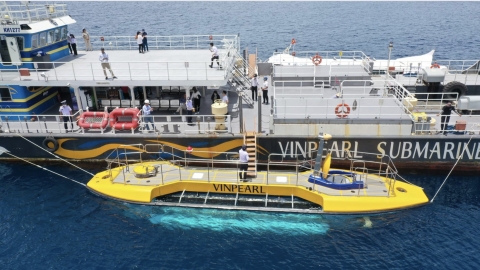"Zero-cost tours" are a form of tourism where travelers are exempt from airfare, hotel, food, and sightseeing costs. However, they are forced to purchase products at exorbitant prices at designated stores. "Zero-cost tours" are implemented as follows: Companies in China, India, or Russia sell packages at very low prices to tourists and send them to companies based in Thailand. But upon arriving in this Southeast Asian country, tourists are forced to buy expensive food, accommodation, and souvenirs.
This seemingly free form of tourism leads tourists to spend less than usual, resulting in losses for Thailand's tourism industry. Surveys show that, on average, each tourist participating in this tour spends 50% less than a regular tourist.
Concentrating tourists in certain locations during "zero-cost" tours can lead to overcrowding, impacting the environment and natural landscapes. Furthermore, the Thai government has stated that these low-cost trips have tarnished Thailand's image, and the police frequently take enforcement measures to control zero-cost tours.
Although the Thai government has implemented numerous measures to curb "zero-cost" tours, these efforts appear to be facing challenges. According to the Thai Association of Travel Agents, an increasing number of foreigners are participating in these "zero-cost" tours. They use local people as representatives for their illegal business activities, making management and enforcement difficult. Foreigners can exploit legal loopholes and a lack of law enforcement resources to circumvent the law.
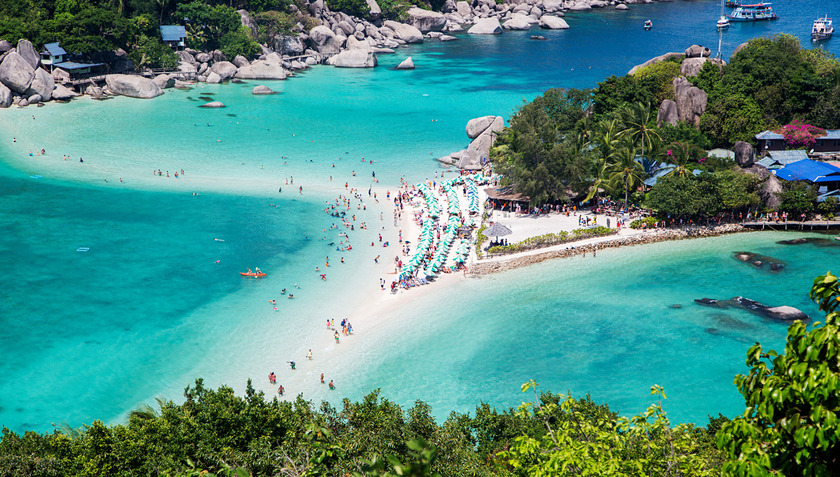
Despite being hailed as the leading tourist destination in Southeast Asia, Thailand is suffering significant negative impacts from "zero-cost" tours.
"Zero-cost" tours attract tourists with surprisingly low prices, putting pressure on local travel companies. To compete, these companies are forced to lower tour prices, leading to low profits and unsustainable business operations.
Thailand, a leading tourism destination in Southeast Asia, loses approximately 305 billion baht (nearly 9 billion USD) annually due to losses from "zero-cost tours." However, the biggest consequence is the damage to the image of the country's tourism industry in the eyes of foreign tourists. Therefore, Thailand has taken strong measures to crack down on this tourism model.
On April 20, Thailand's Minister of Tourism and Sports, Phiphat Ratchakitprakarn, confirmed that the country will implement a 300 baht tourism fee starting in September. The ministry also plans to request provincial police to assist tourism police in efforts to crack down on "zero-cost tours" and illegal tourism.
According to Mr. Phiphat, Thailand will still collect the fee despite criticism from airlines that the method of adding a tourism fee to airfare is selective and violates the Chicago Convention of the International Air Transport Association on equal priority.
The country's Ministry of Tourism and Sports is considering outsourcing the collection of fees for all three entry methods – air, land, and sea – to external organizations via online applications, websites, or kiosks. Foreigners arriving by air will pay 300 baht, while those arriving by land and sea will pay 150 baht.
Following Thailand, Vietnam is now the focal point of "zero-cost tours" from Chinese tourists. This business model not only causes revenue losses but also leads to many negative consequences, especially regarding Vietnam's image in the eyes of international tourists.

 VI
VI EN
EN



